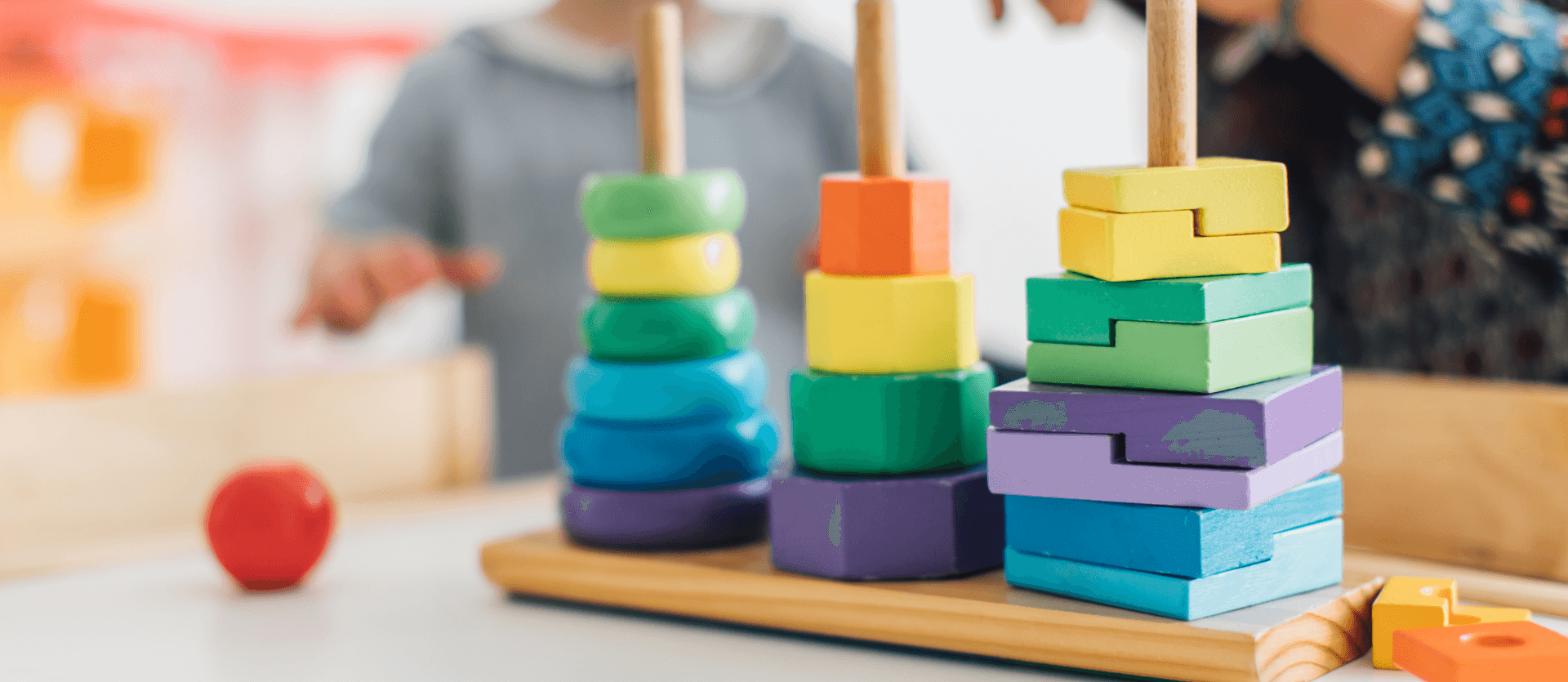Preparing for and settling into nursery

My Baba
Spending 6 years as a nursery and reception teacher both in the UK and abroad, I have seen my fair share of children struggling to settle into school. Having recently settled my eldest son into his first nursery experience I saw the whole thing from the other side and deeply sympathised with the feeling of helplessness you experience seeing your child struggling with separation. However wonderful the nursery school and experienced the staff there are always those first messy weeks to get through before children adapt to their new routine.
Settling in younger children is often particularly heart rending and increasingly toddlers are experiencing nursery school from as young as 2 years old (state nursery provision mainly starting later the September after a child turns 3). At this young age many children may not yet have had many opportunities to socialize regularly with other little ones, especially if they are the first child or don’t have siblings. Although parent’s worry about limited social skills, no nursery will expect a toddler to arrive already enormously confident at sharing, taking turns or building friendships with others; these skills usually aren’t fully in place till the end of Reception when children are nearer to 5 years old. A good nursery will see developing your little ones personal and social skills, independence and confidence as an essential key skill they are responsible for working on and supporting.
While nothing can guarantee a totally smooth transition period to a new class, school or nursery there are things that both the nursery and parent can do to help pave the way. If handled calmly and confidently starting nursery needn’t be the tear soaked experience many parents endure.
Ways a nursery can support this transition
- Many outstanding nursery environments make an effort to do home visits before a child starts in the school. This is an incredibly helpful tool as it allows teachers and key workers to see the child’s home environment and to already build a bond by seeing special objects and people connected to the child.
- Nurseries that use their key workers effectively can greatly lessen the trauma of parental separation. The purpose of a key worker is for parents and children to have a special point of contact within the busy classroom environment. Most key workers will have between 6 and 15 children they look out for and this allows for a greater connection with families and the individual child and another valuable point of contact if the class teacher is busy or unavailable.
- Sensitive settling in procedures can also have a very positive impact. With very little ones starting nursery keeping the first few visits short and slowly building up to the full session can make all the difference. Many nurseries will request you are on standby the first few weeks so that if a child becomes very upset you can cut the time short and leave children rather then extending a negative experience and trying afresh the following session.
Ways parents can support the transition
- Try and provide opportunities for your child to go on regular play-dates or attend free groups at children centres pre-nursery. Even if this is only for a few hours a week this experience will already get children familiar with sharing resources and toys and allow them to experience what it is like to be in a noisy and busy play environment.
- Many children’s centres organize sit down snack or story times as well as a structured tidy up times these are wonderful opportunities for children to learn how to sit down and wait for snack and how to follow familiar routines and transitional points through the day similar to those they will experience at nursery.
- If your child finds nappy changes upsetting or is only recently potty trained make sure you bring set of spare nappies, wipes and trousers to nursery and get them used to having other people change their nappy or putting them on the loo. You could even ask staff if you could visit the bathroom and nappy changing with your child so they are familiar with it when you are gone.
- Giving children clear guidelines to when they will be picked up and then ensuring that is stuck to will give them the security to know that mummy will be back when she says she will. For example “mummy is going to have a cup of coffee and after you have your snack/ tidy up/ play I will be back to pick you up.” Using a event in the day provides an understandable measure of time for little ones.
- Bringing a special toy, comforter, book into nursery as a tool that the staff can use to settle an unhappy child and give them something familiar and comforting to focus on.
- If your child’s speech is still relatively undecipherable then give staff information on any key phrases or words your child may use so they know what children are saying, for example your child’s words for water, loo, granny, coat etc.
- When starting nursery try and model talking to other children and parents and learning their names so your child has an example of how to build relationships within the classroom: “oh look I can see Tilly and her mummy lining up there- shall we say hello?” or “I like your dinosaur jacket George- we have one like that at home too.”
- Ask the nursery for the name and photo of your child’s class teacher/key worker before you start nursery. I used this with my son over the Christmas holidays so that he recognized his key worker on his first day and knew how to say her name.
Sabine Hook
Director SH Nursery Consultancy